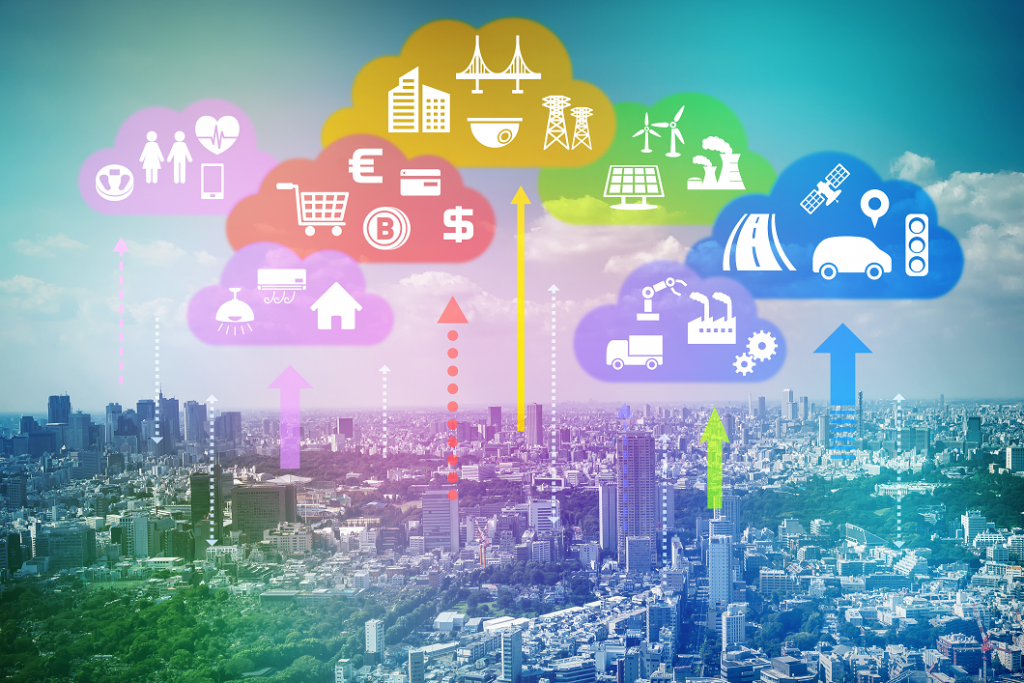
Android and iOS are definitely two entirely different worlds when it comes to the default choices between mobile devices, and you’d have trouble finding any more than just a few people who don’t take advantage of apps for their smartphones nowadays. Depending on who you are that may be for entertainment or personal pursuit aims, or it may be for making your workdays that much more productive and streamlined. All sorts of possibilities out there for what you can do with apps and it sure is a whole lot different from where we were just 10 or so years ago.
Once you’ve got a taste for them it’s hard to go back, and you won’t want to be thwarted in your attempts to get one into your device if you see the need for it. The reason that sideloading apps – installing apps without getting them from office
ial sources (namely Android Market or the App Store) – is as popular as it is because both Google and Apple have been fairly free with allowing certain carriers to block certain applications based on model and network. There’s plenty of people with phone only a couple years of old that are already encountering roadblocks, and sideloading the app allows them to get around that.
In the bigger picture though it’s not good for the development of better app versions in the future, as those developers don’t get what they should for their work and that’s something we can relate to in a roundabout way as a good Canadian web hosting provider. We certainly know all that goes into allowing people to enjoy the digital connectivity they do nowadays.
So not to pick sides, but recent information seems to suggest that sideloading apps for Android is not so bad as it might be for iOS devices. Let’s look at why that is.
Privacy & Security Concerns
Apple has come right out and made it clear that there’s plenty of evidence indicating sideloading apps through direct downloads and 3rd-party app stores would weaken privacy and security protections that have made their iPhone as secure as it’s been regarded to be all these years. They’ve even sent a letter to US lawmakers raising similar concerns about legislation that would require app store competition and mandate support for sideloading.
The focus here is more on sideloading apps installed by users on a device without the involvement of a trusted intermediary performing oversight function, at least to some extent. It is true that downloading an iOS app from a website and installing it isn’t the same as downloading one from an app store operated by Google or Microsoft. Whether a 3rd-party app store might offer better security and privacy than the official app stores is a legitimate question.
A lot of the concerns will be based around the fact that Apple only spends an average of 12 minutes or so reviewing each iOS app. Apps offered elsewhere than the iOS app store may be backed by a more detailed app review, and better for disallowing all third-party analytics and ad SDKs. Long story short apps that cost more elsewhere might be worth it after all, but generally you’re not going to find any versions of such being available for sideloading anyways.
Android Difference
A part of why Apple disapproves of the sideloading is in user interests as it believes that Android has poor security because it supports sideloading. It is true that a survey found that Android devices have 15 to 47 times more malware infections than iPhone, so there is some truth to this although the size of user base has to be taken into consideration too.
To be fair though Apple does not put out a Transparency Report the way Google does for Android. Security issues may be more visible on Android than iOS, but that is a reality of iOS being less accessible to researchers. According to the most recent version of that report, only about 0.075% of current Android devices running 11 during 2021 Q2 had a PHA (partially harmful application), and that would include devices that sideloaded apps.
It does need to be said though that security issues on Android are a reflection of Google's inability to force operating system upgrades on devices sold by other vendors. As a results older Android versions with vulnerabilities hang around the market longer. That's a consequence of Android's multi-vendor ecosystem rather than the perils of sideloading.
The Case
- The risks that a person could assume if they sideload apps onto an iOS device:
- Greater numbers of harmful apps reaching users due to the ease for cybercriminals to target them this way, and especially including sideloads limited to 3rd-party app stores.
- Users having less up-front information about the apps to make informed decisions about whether or not to add them to the device, and less control with those apps once they’re on the devices.
- Protections against third-party access to proprietary hardware elements may be removed, and non-public operating system functions may be distorted or misaligned.
- Sideloaded apps needed for work or school may have put users at a direct disadvantage
Other Considerations
Another thing to keep in mind is that sideloading does increase the attack surface in iOS at least to some extent, although to be fair the App Store has had more than a few scam-geared and insecure apps themselves over the years. The security afforded by iOS is a legit benefit, largely due to security features built into the operating system, like app sandboxing, memory safety, permission prompts, and others.
It is also always advisable to look for reviews of the app that have been sideloaded in the same way you’re thinking of doing. External sites are often best for doing this as reviews for apps in 3rd party app sources may not be genuine ones, and the frequency of placed app reviews has been well established. Proceed with caution as with everything else.














